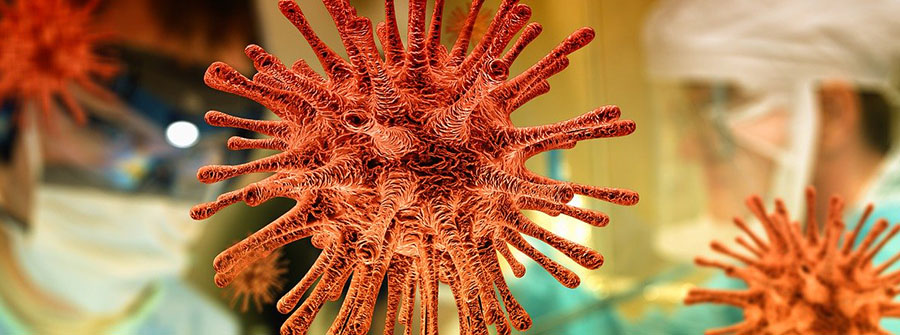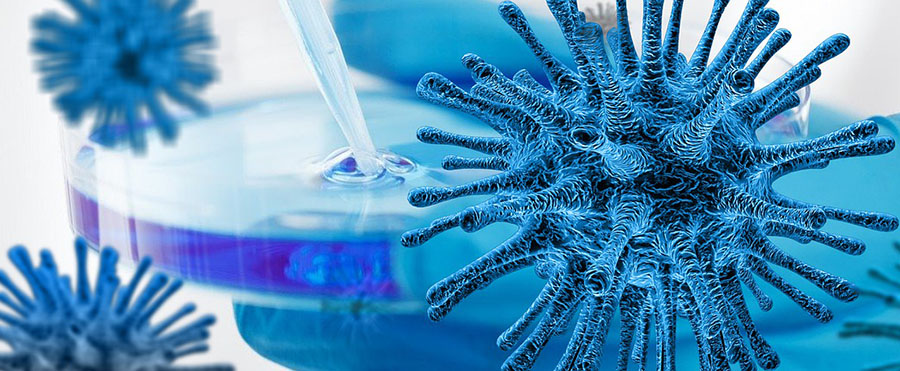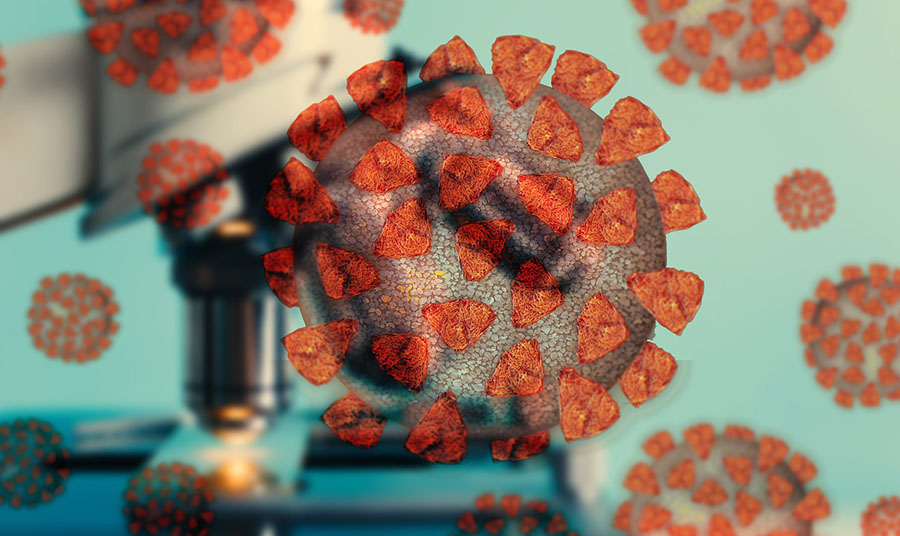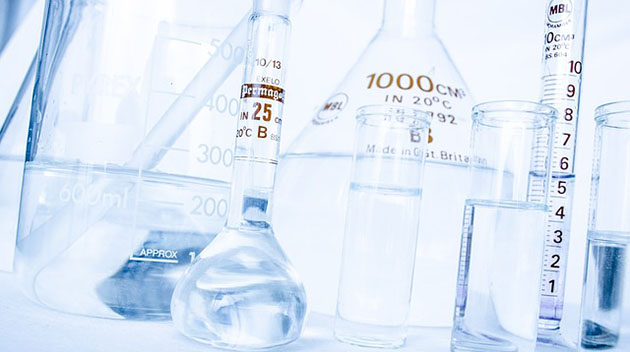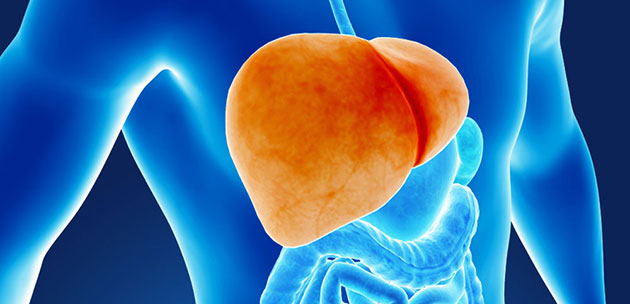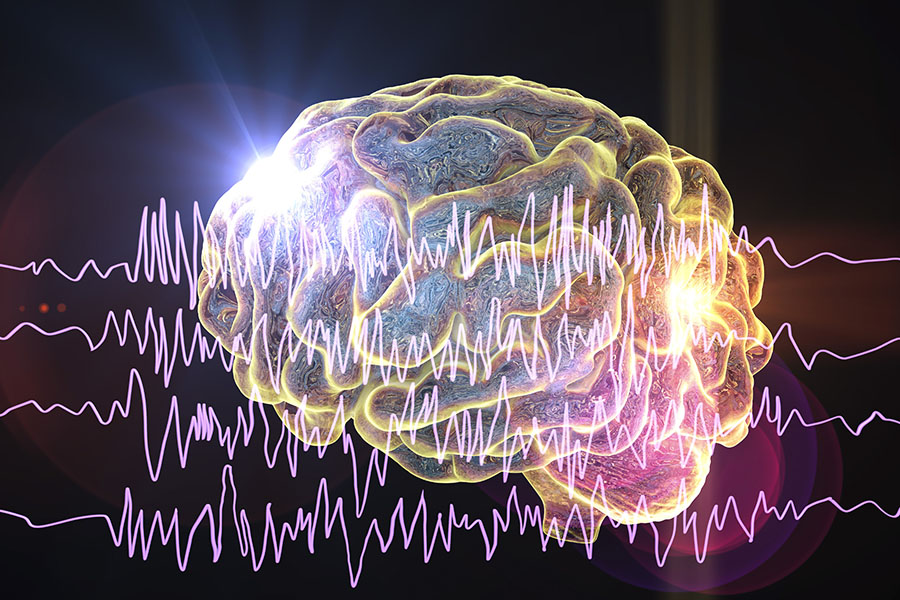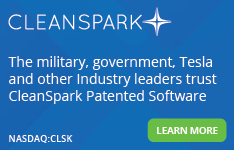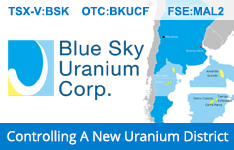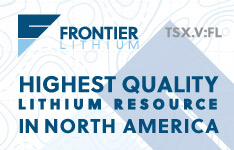In 1974, American President Gerald Ford, speaking of Watergate and affiliated issues, quotably said, "Our long national nightmare is over…." With the advent of widespread Covid 19 immunization, and a concomitant but not necessarily causally related rollback in Covid 19 incidence, a long national myopia about Covid vaccination is leading to veritable reanimation of the Ford meme and grafting it onto our times.
Facts, a medical school mentor of mine quipped, are pesky things. Sit down comfortably, because we need to remind everyone of certain uncomfortable things about Covid 19 and living in a world suffused with it.
First, for the foreseeable future, Covid 19 is a fixture of life on earth. It's with us to stay. Don't hold your breath hoping it will skulk off, ebbing mysteriously back into the murky reservoirs whence it emerged.
Second, right now, we have no idea how long present-generation vaccines will confer protection, but little reason to believe that protection persists beyond a year. Present vaccines are for evoking primarily an IgG-type antibody response against the virus, and we know that IgG protectiveness against single-stranded RNA viruses like Covid 19 has stark limitations, ones we don't understand. We do know all too well that having had Covid 19, and having wrought an immune response against it, you can become reinfected. The concept at work here is not relapse, the virus lingering within you and re-emerging. We are speaking of reinfection: people who clear the virus, recover, and get infected anew.
We know moreover that Covid 19 dexterously mutates and can up its game into more virulent and infectious variants…and as of now we know little about how well present vaccines protect against mutants. A useful way to think of this issue is to regard vaccines as recapitulating the natural immune response. For example, about 85% of people infected with hepatitis B virus will clear that virus without medical assistance….and 85% is roughly the efficacy with which HBV vaccinations provide protection. Naturally evoked immunity against hepatitis C, by contrast, affords little protection. Cases of HCV-infected patients who receive treatment, have complete virus eradication, and then succumb again to infection even with the same genotype when they resume activities that cause infection (mainly intravenous or mucocutaneous drug abuse) are richly documented. With esoteric exceptions, the immune response against HIV is of almost no value, which foreshadowed the futility of HIV vaccine development efforts to date, and bodes poorly for future efforts.
Since Covid 19 can surmount pre-existing immune responses to it, it's simply fair to say we don't know how well vaccines will work. With early vaccine implementation in the U.S., vaccine was set aside for exceptionally at-risk populations such as older patients, and much experience teaches us that vaccines are increasingly less efficacious as we age. Again, it's an illustration of immunization recapitulating nature; if the immune system has shed a certain vigor because a patient is of a certain age, it's not reasonable to depend as much on potency of vaccine in that patient.
A third unfortunate fact is that as a culture, Americans are phobic of vaccines. To wit, polling suggests that at most two third of us will agree to be vaccinated. And while there may be no universal consensus as to how immune a herd must be to have attained herd immunity status, few would contend that immunity in two thirds of a herd constitutes herd immunity (the classical argument propounded by infectious disease specialists is that herd immunity is when 90-95% of population members are immune).
The point here is not bleakness, and neither is it the laying of crepe. We've soldiered through what's likely the worst of this pandemic mess. But our best strategy as a society is recognizing that Covid 19 is still out there, can still kill you, and that we are not done dealing with it. And that the best place we can entrain our efforts has to do with treatments, with therapeutics. Our successes in vaccine development have NOT been matched by our successes in Covid 19 therapeutics. A sobering recent New England Journal of Medicine article cast serious doubt on agents like remdesivir, interferon beta, hydroxychloroquine, and lopinavir.
Another recent NEJM article showed that Genentech's Actemra (tocilizumab) and that Kevzara (sarilumab), co-developed by Sanofi and Regeneron, both interleukin-6 receptor antagonists, mollify the course of acute Covid 19. But here we are mulling this problem as investors, and large cap pharmas are seldom high-return investments.
Is there a way to invest in Covid 19 therapeutics? Three micro-cap gems, all functionally flying below radar in the crisis, come to mind as we study the space. While such stocks are high-risk investments, their allure is potentially outsize capital appreciation if they meet with success in their clinical pursuits.
Tiny BetterLife Pharma Inc. (BETR:CSE; BETRF:OTCQB; NPAU:FSE ), a Vancouver firm helmed by Ahmad Doroudian, PhD, gets certain moral bonus points for its clear-eyed perspicacity when the pandemic struck. Most physicians seem to have forgotten that when a single-stranded RNA virus is pathogenic Public Enemy #1, it's hard to imagine a more effective drug than nature's own remedy, interferon-alfa.
With the advent of new direct-acting oral agents for hepatitis C, interferon-alfa (and its PEGylated versions) were globally mothballed. The agent, as Schering-Plough's Intron-A and later PEG-Intron, as well as Roche's Roferon and Pegasys (non-PEGylated and PEGylated, respectively), did for many years bring the HCV epidemic to heel. These agents, in conjunction with oral antiviral ribavirin, were the mainstays of treating HCV…..and they cured many until they exhausted their competency. Their problem was side effect profiles, which made cure a Pyrrhic victory. Many simply weren't candidates for neuropsychiatric reasons (seizures, refractory depression), ribavirin is verboten the renally insufficient, and the agents didn't work well in patients of African ethnicity. Even so, from the earliest days of interferon's use against HCV, few would question its robust efficacy against HCV, its ability to make the virus run for cover. Measured virus burdens in plasma would utterly nosedive within hours of exposure to interferon-alfa.
A chief reason for Covid 19's particular nastiness is that the virus binds to a mitochondrial outer membrane epitope called TOM70. This binding quenches interferon-alfa elaboration in response to the virus, leaving the virus to wreak mayhem. For Doroudian and colleagues, their mission was obvious and uncannily lucid: find a way to get interferon-alfa into Covid 19 patients.
The company first licensed rights to the drug from prior owners (and curiously didn't have to mount a fight or outbid anyone…was anyone but Doroudian actually thinking about what Covid 19 implied?). But two problems remained. First, the company was not oblivious to the fierce side effect profile of interferon alfa, and chief among those side effects is fever with every dose. This would be a bridge too far for Covid 19 patients. But the prevailing model of Covid 19 pathophysiology is of virus killing by causing rapid fibrosis of lungs, compromising oxygenation further and further until even with maximum ventilatory support, patients functionally asphyxiated. Infectious particles bearing the virus get first into the nasopharynx and are inhaled. Though they may enter the system and cause further problems, a useful model of what is occurring has virus wielding its driving pathophysiology by being on the alveolar side of the lungs, where gas exchange happens. This meant that inhaling a nebulized aerosol form of interferon alfa could save lives, and expert pulmonologists and intensivists agreed. Best of all, in animal testing, inhaled interferon alfa induced no fever response….because it was acting in the pulmonary beds where needed and not being systemically absorbed.
BetterLife then faced down a second problem: reanimation of cell cultures bearing clones of the interferon-alfa genes initially didn't behave well in their hands. This cannot be ascribed to lack of expertise with the protein. The company needed some months to debug manufacturing of the drug, and has now succeeded in rectifying the issues (there were no drug stockpiles the company could find).
In April 2021, BetterLife Pharma will place inhaled interferon-alfa into clinical trials as a therapeutic for acute Covid 19. Limited data from the work of others using interferon-alfa in trials in Wuhan and Havana have suggested interferon-alfa evokes benefit in these patients.
BetterLife has also proposed a project, when adequate drug supply is available, in which it will test intranasal interferon given twice a day as a prophylactic against Covid 19. This approach strikes many experts as extremely promising, possibly more efficacious than immunization, and possibly as a method to prevent influenza and colds as well. Interferon-alfa would not be systemically absorbed by nasal administration, and would formidably fortify the frontlines against viruses. Again, RNA viruses flee interferon-alfa in terror.
Another biotech in the space is also headquartered in Vancouver: Algernon Pharmaceuticals Inc. (AGN:CSE; AGNPF:OTCQB; AGW:FSE). Co-founder and CEO Christopher Moreau's early aim was a vibrant drug repurposing firm, and an early "hit" in its preclinical work was with a drug invented by Sanofi in the 1970s and approved for use in Japan: an agent called ifenprodil. If you were medically educated in North America, you're unlikely to have heard of it. While little question existed that ifenprodil is a safe drug, it has never exactly been a brilliant agent for any indications in the era of its discovery.
Moreau's partner, former Algernon chief science officer Mark Williams, PhD, stumbled upon certain latter-day studies of ifenprodil, including evidence that it antagonizes peripheral NMDA receptors. Williams integrated lines of evidence from many sources, and hypothesized that the peripheral NMDA receptor might well be a driver of pulmonary fibrosis. He worked quickly, and was able to demonstrate that in a canine model of pulmonary fibrosis, the same model that informed preclinical development of approved IPF drugs pirfenidone (Esbriet) and nintedanib (Ofev), ifenprodil abated induced fibrosis with significantly greater efficacy than either pirfenidone or nintedanib. (Williams has since departed Algernon to be managing director of a start-up biotech firm, but remains on friendly terms with Algernon and Moreau.)
Just as Algernon was preparing to place ifenprodil in clinical trials for IPF, the Covid 19 pandemic hit. Simultaneously, Williams was aware of strong pre-clinical and clinical evidence that ifenprodil had activity against chronic cough and against substance abuse. The company implemented a chronic cough trial…and then Moreau embraced being overwhelmed. With startling clinical evidence that aggressive pulmonary fibrosis was the main killer of Covid 19 patients, he secured funds and aggressively lobbied regulatory organizations for an early trial of ifenprodil in Covid 19 patients who had established severe pulmonary involvement.
At times it seemed angry gods had it in for Moreau. All emerging companies struggle, but Moreau was also overwhelmed with regulatory filings for not two but three major clinical trials. He was beset with funding needs. He was finding resistance among investors to taking seriously a drug repurposing firm, mostly because few understand the nuances of repurposing and how it can arrive at remarkable agents with limited risk and limited budget. This is because repurposed drugs have already been approved for one indication. Some 85 to 90% of all drug candidates die before approval, and there mainly from toxicity or unacceptable side effects. It was during this hellish interval of working ostensibly 24 hours a day that Moreau's mother succumbed to a chronic illness.
But Algernon has survived, along with it CEO Moreau, and the company is about two weeks away from topline data read in its study of ifenprodil in Covid 19. An interim analysis had earlier suggested a trend toward efficacy, but the number of data points available at the time was too few for statistical inferences.
If Algernon's repurposed role for ifenprodil makes the grade in Covid 19, the company can pursue emergency use authorization, which could be highly lucrative for investors. It would still need to complete phase 3 clinical trials and submit new drug application data for formal approval.
Will Algernon score a trifecta, a win in all three lead indications for ifenprodil? We don't know, and neither does anyone affiliated with the firm. We think that failure in all three is unlikely, and we think success in any one indication could rise to blockbusterdom given price points for other drugs serving the indications in question. Indeed, Algernon's ifenprodil is the proverbial pipeline in a drug.
Finally, we turn our attention to the small Beverly Hills, Calif., firm Capricor Therapeutics Inc. (CAPR:NASDAQ). The firm's origins are in the prolific and profound molecular and cellular cardiology work of Eduardo Marban, MD, PhD, formerly of Johns Hopkins, now at Cedars-Sinai. Capricor can be regarded as a corporate arm or extension of the Marban lab, a place for trialing ideas emerging from work of Marban and colleagues and getting those to market. The CEO of Capricor is the redoubtable Linda Marban, PhD….yes, spousal relationship with Eduardo Marban and formidable, clever experimentalist.
For several years Capricor has concerned itself with a cellular therapeutic agent called Cardiospheres. A thorough summary of Cardiospheres and their actions is beyond the scope of this article, but they are clumps of heart-related cells infused intravenously that will settle and linger in pulmonary vascular beds for up to a year. The actions of Cardiospheres related to the heart's exalted status as an organ and to its immunologically privileged status. Ask any physician: have you ever seen a tumor metastatic to the heart? A few may say, "once," but most will say, "never." The heart has special methods of exerting immunity without a tempestuous inflammatory process. How it does so is incompletely understood.
What is known about Cardiospheres is that they elude exosomes, encapsulating blebs of cell membrane. Their exosomes merge with cell membranes in target tissues, and traffic their components directly to the nucleus of the target cell. Their components? Epigenetic factors, not all disclosed by Capricor, that shut down expression of clusters of genes that mediate inflammation.
Earlier, Capricor put Cardiospheres to a brilliant phase 2 study in Duchenne muscular dystrophy (DMD), where the overriding pathophysiology is of hot, highly inflamed skeletal and cardiac muscle whose function is ebbing. Customary anti-inflammatory drugs are either ill-advised in DMD, ineffective or both. But subjects treated with Cardiospheres saw statistically significant abatement of pain and inflammation and experienced a kind of reanimation in muscle use. The company is now preparing for a phase 3 trial, and has fetched Regenerative Medicine Advanced Therapy Designation from the FDA.
When Covid 19 hit, Marban and colleagues had a brilliant notion. Not only do Cardiospheres linger in pulmonary vascular beds, but they shut down inflammation without zapping the immune response. This seemed to be an ideal therapy for ICU patients suffering from Covid 19 with lung involvement.
Initially the company performed a single arm open label study. The results were striking….Covid 19 patients receiving Cardiospheres had recovery grossly trumping clinician expectations. The first trial was on 10 patients. The company is now enrolling in a phase 2 placebo-controlled version of the same study and seeking 60 patients. A win, which seems likely, could again engender emergency use authorization for Cardiospheres in Covid 19, but it could also lead to negotiations for expedited approval for Cardiospheres, of which the FDA is already said to have a favorable view given their apparent success in DMD phase 2 and their manifest safety.
While Capricor has long dawdled in an undervalued state because many investors don't understand the science, a win in either Covid 19 or DMD (and we predict success in both indications) could catapult market cap to levels in excess of $1 billion plausibly. And ironically, Capricor's work leads us full circle in an excursion that began by discussing the limitations of Covid 19 vaccines. Capricor is also exploring Cardiospheres as a kind of factory where cells can be genetically programmed to make active ingredient of choice, which is then steadily eluted via exosomes. It's a perfect platform for vaccine development and the company is pursuing a Covid 19 vaccine. Capricor's advantage? No need to use lipid nanoparticles that might stimulate immune responses of an undesirable kind by pinging Toll-like receptors, and no need to use viral vectors.
While Covid 19 has us in grim circumstances, the speculative investor has an embarrassment of prospective high capital appreciation choices.
--Dr. KSS
Dr. KSS is the founder and editor-in-chief of BioPub.co. He is an MD with an additional PhD in biochemistry, and for the past 20 years, in addition to practicing, being a researcher, and conducting clinical trials, he has been investing in biotech companies with great success. Dr. KSS earned his degrees at a top 10 U.S. institution, where he was an NIH scholar and graduated with top honors. He has extensive post-doctoral research experience and am board certified in internal medicine and also gastroenterology. His goal is to discuss companies and use discussions of their technology, their drugs or planned drugs, as ways of teaching about physiology and disease states, along with their issues and opportunities.
Read what other experts are saying about:
Disclosures: The author has long positions in $AGNPF and $CAPR. He is a member of the medical/scientific advisory board at Algernon. He is a director at $BETRF and holds options in that firm but no equity. This column should not be construed as investing advice and no solicitation for you to invest is intended. The author will not trade in any securities (shares, warrants, options) of any of the three named companies until at least 72 hours reckoned in business days has elapsed after publication.
Disclosure:
1) Dr. KSS: Disclosures listed above.
2) The following companies mentioned in this article are billboard sponsors of Streetwise Reports: Algernon Pharmaceuticals. Click here for important disclosures about sponsor fees. As of the date of this article, an affiliate of Streetwise Reports has a consulting relationship with Algernon Pharmaceuticals. Please click here for more information.
3) Statements and opinions expressed are the opinions of the author and not of Streetwise Reports or its officers. The author is wholly responsible for the validity of the statements. The author was not paid by Streetwise Reports for this article. Streetwise Reports was not paid by the author to publish or syndicate this article. Streetwise Reports requires contributing authors to disclose any shareholdings in, or economic relationships with, companies that they write about. Streetwise Reports relies upon the authors to accurately provide this information and Streetwise Reports has no means of verifying its accuracy.
4) This article does not constitute investment advice. Each reader is encouraged to consult with his or her individual financial professional and any action a reader takes as a result of information presented here is his or her own responsibility. By opening this page, each reader accepts and agrees to Streetwise Reports' terms of use and full legal disclaimer. This article is not a solicitation for investment. Streetwise Reports does not render general or specific investment advice and the information on Streetwise Reports should not be considered a recommendation to buy or sell any security. Streetwise Reports does not endorse or recommend the business, products, services or securities of any company mentioned on Streetwise Reports.
5) From time to time, Streetwise Reports LLC and its directors, officers, employees or members of their families, as well as persons interviewed for articles and interviews on the site, may have a long or short position in securities mentioned. Directors, officers, employees or members of their immediate families are prohibited from making purchases and/or sales of those securities in the open market or otherwise from the time of the decision to publish an article until three business days after the publication of the article. The foregoing prohibition does not apply to articles that in substance only restate previously published company releases. As of the date of this article, officers and/or employees of Streetwise Reports LLC (including members of their household) own securities of Algernon Pharmaceuticals, a company mentioned in this article.
6) This article does not constitute medical advice. Officers, employees and contributors to Streetwise Reports are not licensed medical professionals. Readers should always contact their healthcare professionals for medical advice.


